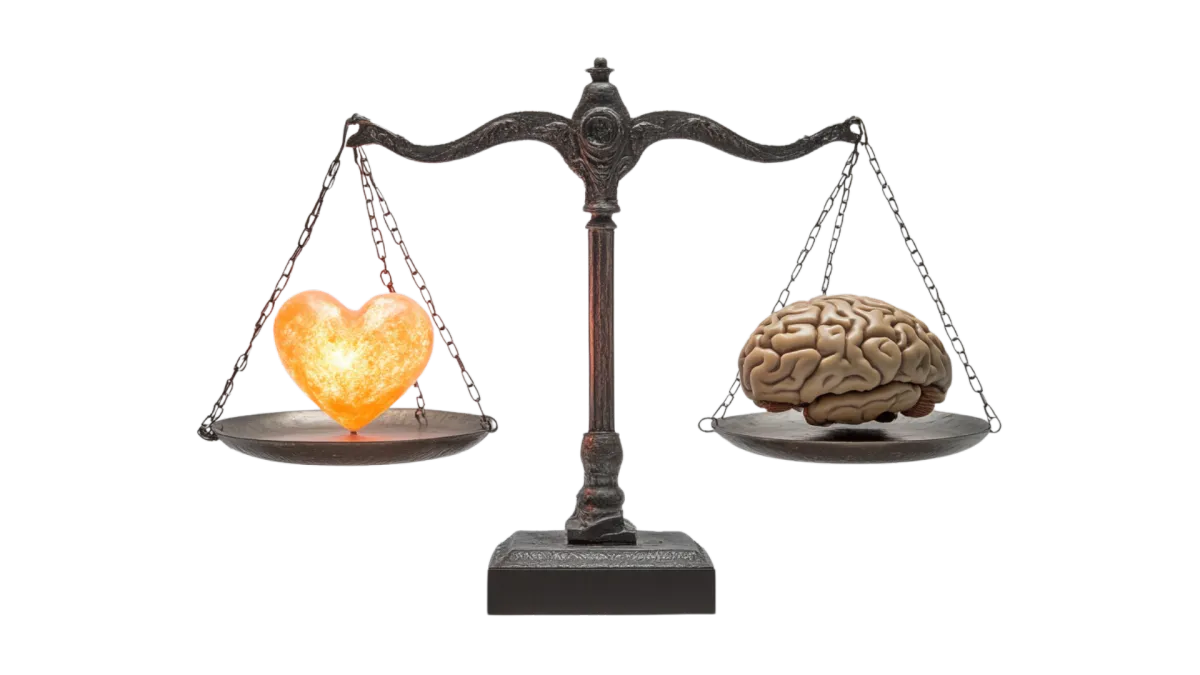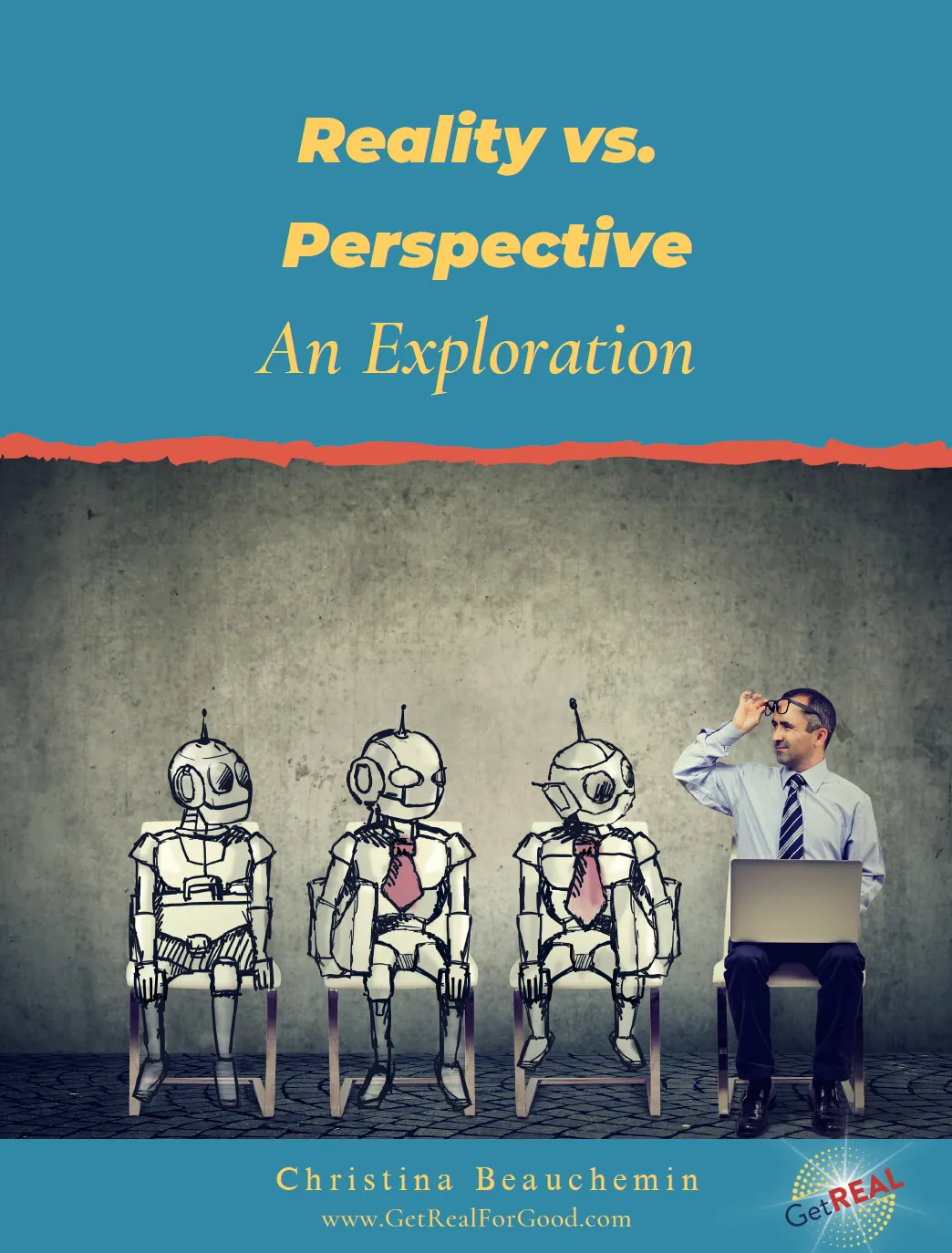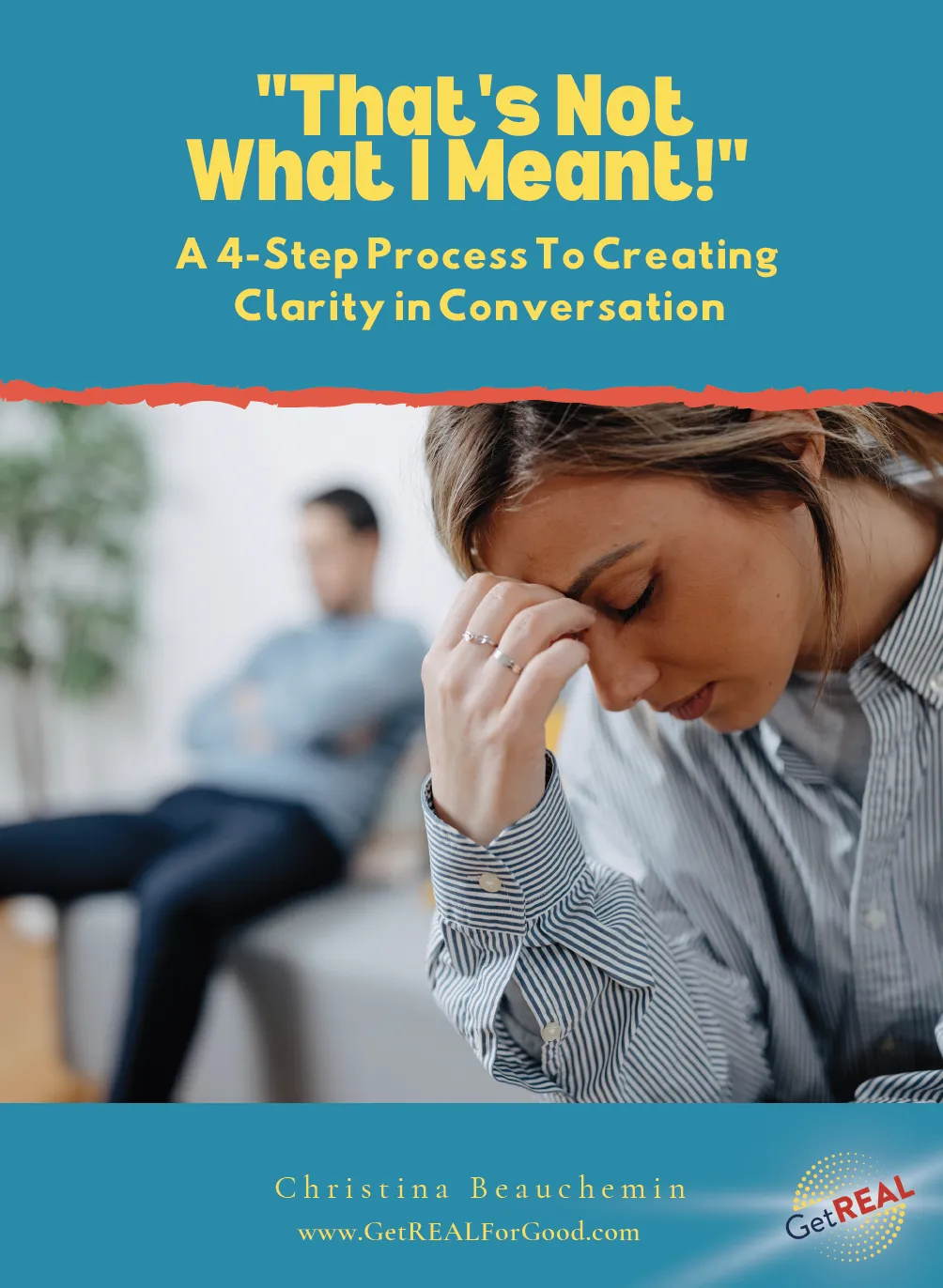Develop Emotional Intelligence to Navigate Stress and
find success in life, love, and career.
Gain Resilience, Authenticity, and Mindfulness to Navigate Life’s Challenges.

RESILIENCE
Gain skills to withstand and effectively manage challenging situations.
EMOTIONAL INTELLIGENCE
Manage self-defeating thoughts and emotions and handle difficult situations and people with good judgment, compassion, and empathy.
AUTHENTICITY
Embrace the courage to uncover and share your genuine self.
LIMITLESS
Recognizing that you have choices which allow you to embrace your power and live a limitless life
Gain Resilience, Authenticity, and Mindfulness to Navigate Life’s Challenges
Do you struggle to manage stress in high-pressure situations?
Are you seeking better ways to navigate emotions and make sound decisions?
Do you want to be a more resilient leader can handle setbacks
with ease??Are you looking to build stronger, more authentic relationships?
Combining mindfulness, neuroscience, and emotional intelligence to create lasting change in your personal and professional life.
In today’s fast-paced world, emotional intelligence and resilience are essential for success. Whether in your personal life or career, we help you gain the tools to manage emotions, build mental strength, and navigate challenges with confidence.

Stress Reduction
Practical tools to help you stay calm and perform your best, even in high-pressure environments.
Is the whole world in chaos? Or is it just on your phone??? (Read More)
I was feeling a bit stressed for a couple of weeks. The news feeds seemed chock full of messages of fear, and everyone continued sharing stories and videos of doom and gloom.
But last week, as a friend shared yet another video warning of financial ruin, I happened to glance out the window and noticed the birds happily playing at the feeder. A squirrel ran around picking up dropped seeds, and a deer stood at the edge of the woods just beyond the lawn, watching.
A little later, I took a drive to Albany for a meeting. There was no chaos there, only good people doing good work.
Later, I stopped at a local farm store to pick up produce for a salad. The place was busy with customers chatting and smiling as they sorted through fresh vegetables from the greenhouse. What I felt at a soul level that day was the need to remind myself (and my clients) to focus on the good in life: the quiet times, the good people, family, and nature.
There is no doubt that the world is changing. Let's add our uplifting energy and change it for the better. And always remember that you see what you focus on. Focus on the good.

Better Decision-Making
Learn actionable techniques that help you bounce back quickly and grow stronger from adversity.
Are you a perfectionist? (Read More)
If so, you may be enjoying success due to your dedication to making certain that everything you do is done PERFECTLY. You may even base your self-worth on your ability to reach these high standards.
At the same time, though, perfectionism can be exhausting and may even be hampering your opportunities. (I’m speaking from experience here.)
In many cases, perfectionism can be like taking a very long walk down a short path. In other words, when you redo and recheck your work countless times to be sure it is PERFECT, the short path becomes long, which can decrease your productivity.
It may even cause you to stay later or have to be working early.This can leave you feeling anxious and even depressed. So how do you start to put the brakes on your perfectionism but at the same time continue doing a stellar job? I can tell you from experience breaking free of the pattern and continuing to do good work is possible. (I wouldn’t lie to you!)
What is the cause of perfectionism?
According to the experts, perfectionism is generally rooted in fear and insecurity. (Some call it “not good enough.”)
Below are a few tips to begin incorporating to help give you a little peace.
Take the time to notice when you are “ruminating”
Which can be translated to overthinking. You can recognize it when you go from, “I did a pretty darn good job on this.” (As you’re congratulating yourself, though, a niggling voice in the back of your head starts questioning you.)
“But is it good enough?” These are the moments I’m talking about. When that happens, recognize it as something you can learn to control
Challenge yourself to make mistakes.
Try something new. Focus on enjoying the process rather than striving to be perfect right out of the gate. You may realize that learning to play an instrument or write a short story is much easier (and a lot more fun) than when you tried it last.
This new way of being is about learning to enjoy the process and focusing less on the outcome!
Alter your negative self-talk.
Most of us who are challenged by perfectionism have a “not good enough” story running on repeat in the back of our brains. It’s up to you to begin letting go of that story, and start embracing new the opportunities in front of you.
(You can check out my book, Let My Legacy Be Love for an example of how to do this.) I now do stellar work but waste a lot less time questioning if it’s good enough.


Improved Leadership
By mastering your emotions, you’ll improve your ability to make clear, confident decisions, enhancing your leadership potential.
How are you at asking questions? (Read More)
There is no better way to understand what is going on in your organization or your home than by asking good questions. Doing so can help you get to the core of a disagreement or misunderstanding. But how do you formulate a good question, especially on the fly or when someone is emotionally triggered?
This past week, I found myself in a discussion about the power of “how” questions versus “why” questions. For me, why questions offer a deeper foundation since I am very analytical and like to understand the full picture. For the person I was chatting with, though, how questions were the only way to go.
Our conversation got me thinking about questions in general. I realized for the first time that I had never been taught how to ask questions.
I decided to search for resources on the best way to ask questions because now I was just plain curious. While in the midst of my search, I found an article on Forbes, Inc. entitled, “Why Questioning Is the Ultimate Life Skill.” The article pointed me to The Right Questions Institute (RQI), a nonprofit educational organization “focused on inquiry skills, self-advocacy, and active citizen participation in democracy.”
The group is based on the belief that students (and anyone else) who learn to ask their own questions are more motivated to take ownership of their learning.
Asking great questions can change your career, your relationship, and your life. With the clarity gained in the answers, you can make better decisions. Striving for clarity can breathe life into even the most difficult relationships. It can also provide needed clarity in the workplace, creating understanding, team cohesiveness, and better systems.
Who doesn’t want that?

Stronger Relationships
Develop the self-awareness and emotional intelligence necessary to communicate more effectively and create deeper connections.
As humans, each of us has a need to be heard, seen, and understood. It’s part of who we are. (Read More)
How often, though, do you really listen with the intention of understanding someone else?
When I was in college, I was shocked when a couple of my friends told me I wasn’t a good listener. Thankfully, there was a course on interpersonal communications offered at the school, so the following semester, I signed up. What a godsend. The professor was amazing at his job. During a discussion in class, I interrupted a classmate before she finished speaking. I was embarrassed when my professor announced to the class that what I did was a great example of listening to reply rather than listening to understand.
Even though I felt bad, I suddenly understood why my friends perceived me as a poor listener. Instead of listening closely, I was assuming that I knew what they were trying to communicate making the exchange about me rather than about the person speaking.
What can you do to become a better listener?
Your mind is continually analyzing as you listen.
We may be making assumptions and jumping to conclusions as they speak.
You may even jump in and cut them off. (Since I am being honest with you, I am still guilty of this every so often. Not to make excuses, but I get excited during a discussion, and sometimes I just can’t wait to add my two cents.)
Building better relationships takes becoming more self-aware. So, If you notice yourself interrupting, acknowledge your behavior to the other person. I learned that apologizing can come off as glib. Asking forgiveness can leave you feeling vulnerable and, as such, can be a strong reminder not to do it again.)
Set your intention to be a better listener. As you listen to your significant other or family members, critique yourself. Are you jumping in before they finish speaking, believing that you know what they are going to say? Or are you waiting until they are finished and then repeating back what you believe they were trying to communicate?
Make a note when you find yourself jumping in. Notice how many times you interrupt another person. The only way to change the behavior is to first acknowledge that it needs to change and then to be willing to make a change.
From there, it takes lots of practice. Notice when you cut someone else off. Notice when you are making assumptions rather than asking questions to gain clarity.
If you’d like to chat about this, please feel free to email me at [email protected] and we will set it up.
I look forward to meeting you.

INTRODUCING
Start building better relationships, resolving conflicts, and gaining clarity today!

Reality vs. Perspective

"That's Not What I Meant!"
4 Step Guide

Here's what you get:
Learn to avoid misunderstandings and communicate with clarity.
Discover the 4 levels of communication that build stronger relationships.
Gain actionable tools you can use immediately in work and life.
Total value: $91
Today Just $0
Testimonials
FAQs
Answers to Your Most Pressing Questions
What is emotional intelligence, and why is it important?
Emotional intelligence is the ability to recognize, understand, and manage your own emotions as you deal with the emotions of others. It is an essential element in building strong relationships, making better decisions, and managing stress in both personal and professional settings.
How can Get R.E.A.L. For Good help me with resilience?
Our programs include actionable tools and techniques to help you bounce back from setbacks quickly, handle stress effectively, and maintain a positive outlook even in difficult situations. We focus on practical tools that can be applied in both your personal life and career.
Who is this program for?
Our services are ideal for professionals desiring to develop leadership skills, individuals wanting to manage stress and emotions more effectively, and anyone seeking personal growth. Whether you’re navigating life challenges or aiming to improve your workplace performance, we can help.
What does a free consultation involve?
During the free consultation, you will discuss your personal or professional goals and challenges with Christina Beauchemin, our head coach. Christina will then offer tailored advice on how to achieve these goals.
Do you offer corporate training for businesses?
Yes! We provide customized emotional intelligence and resilience training for teams, managers, and leaders. These programs are designed to enhance communication, leadership, and overall team performance.
What makes Get Real For Good different from other personal development programs?
We combine neuroscience, mindfulness, and emotional intelligence in a unique way to offer practical, actionable tools. Our approach focuses on helping you achieve lasting change by addressing both the emotional and mental aspects of personal growth.
Founder and primary trainer
of Get R.E.A.L.
Hey, I'm
Christina Beauchemin!
Resiliency coach/trainer/educator/speaker/author who transformed her own life using the tools and techniques she now shares worldwide.
Neurolinguistics Programming (NLP) certified
Resiliency Coach/Mentor
Certified Sound Practitioner
Award Winning Speaker
Honorary Research Fellow
Amazon #1 Bestseller

Fill Out the Form Below to Get Instant Access
to Your Free Resources

Reality vs. Perspective

"That's Not What I Meant!"
4 Step Guide


